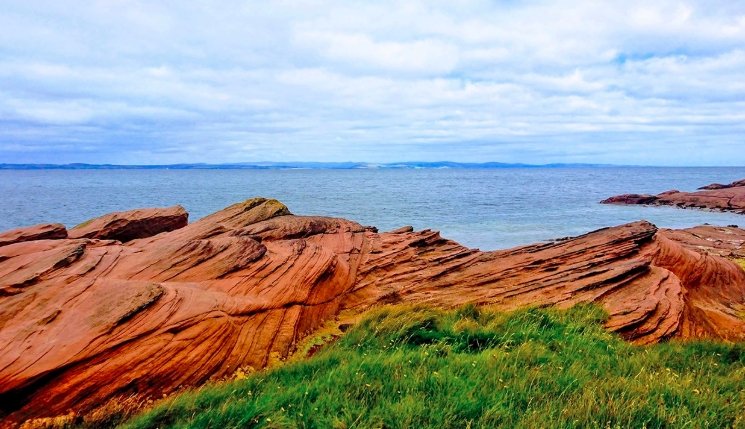The stunning Isle of Arran, often referred to as “Scotland in miniature,” has been awarded UNESCO Global Geopark Status, a prestigious recognition that highlights its outstanding geological heritage, biodiversity, and sustainable development efforts. Arran, located off Scotland’s west coast, has long been a popular destination for visitors and now joins a select group of 229 UNESCO Global Geoparks worldwide.
A Living Example of Earth’s Geological History
Arran’s new UNESCO status emphasizes its role as a living classroom for geology enthusiasts and researchers. According to geologists, the island is a geological treasure trove, with both terrestrial and marine zones that document 600 million years of Earth’s history. The diversity in landscapes—from rugged mountains to coastal cliffs—offers a tangible record of the planet’s evolution over vast periods of time.
The Geological Society has described Arran as “one of the best locations for fieldwork in Europe,” and its rocky formations, including the Arran granite, are vital for understanding the tectonic shifts that have shaped not just Scotland, but much of the Earth’s geology. The island’s rich geological features are complemented by its thriving ecosystems, from rare plant species to diverse marine life, making it a hotspot for both scientific research and nature conservation.

What is UNESCO Global Geopark Status?
UNESCO Global Geopark status is awarded to locations that demonstrate a commitment to preserving and sharing their unique geological heritage. These areas are recognized for their educational value, sustainable tourism practices, and conservation efforts. In receiving this status, the Isle of Arran has been acknowledged for its scientific significance and its proactive approach to balancing environmental protection with community development.
The UNESCO Global Geopark network includes sites in 50 countries, with each location working to raise awareness of their geological importance while promoting responsible tourism. Arran’s new designation highlights both its international recognition and its role in shaping sustainable tourism practices for future generations.
The Beauty and History of Arran
The Isle of Arran’s natural beauty is as diverse as its geological history. Often dubbed “Scotland in miniature,” it boasts a wide variety of landscapes within its relatively small size. Visitors can explore towering peaks like Goatfell, vast beaches, tranquil forests, and charming villages. The island also holds a rich cultural heritage, with ancient standing stones, castles, and historic sites scattered across its lush green terrain.
Arran’s combination of stunning natural landscapes, historical sites, and geological significance makes it an ideal destination for those looking to experience the full breadth of Scotland’s heritage. From hiking and cycling to geological tours, the island offers a wealth of opportunities for exploration and discovery.
A Step Toward Sustainable Development
In addition to its geological and natural wonders, Arran’s commitment to sustainable development is a key factor in its UNESCO recognition. The island has long been focused on maintaining its environmental integrity while fostering local economic development through eco-friendly tourism. Community-led initiatives, conservation programs, and educational outreach efforts are central to Arran’s success as a Global Geopark.
The UNESCO designation will likely bring more international attention to the island, increasing opportunities for tourism while also requiring careful management to protect its fragile environment. Local authorities and businesses are keen to strike the right balance between growth and sustainability to ensure that future generations can enjoy the island’s beauty and history as much as those who visit today.
What This Means for Scotland
The Isle of Arran’s UNESCO Global Geopark Status places it among an elite group of natural and historical sites globally. It also underscores Scotland’s growing reputation as a hub for geotourism—a form of tourism that celebrates geological landscapes and their role in shaping human history. As the seventh-largest island in Scotland, Arran’s recognition also raises the profile of the wider region, encouraging more people to visit Scotland and explore its unique landscapes.
The award is a testament to the island’s exceptional combination of geological richness, environmental consciousness, and community involvement, marking a significant achievement for both Arran and Scotland.


















